SOEs’ equitisation called for greater progress
 “We have engaged in amending the Governmental Decree 59/2011/ND-CP on converting wholly state-owned enterprises (SOEs) into joint stock companies to facilitate state capital divestiture and tackle impediments from equitising process,” said deputy head of the Ministry of Finance’s Corporate Finance Department Dang Quyet Tien.
“We have engaged in amending the Governmental Decree 59/2011/ND-CP on converting wholly state-owned enterprises (SOEs) into joint stock companies to facilitate state capital divestiture and tackle impediments from equitising process,” said deputy head of the Ministry of Finance’s Corporate Finance Department Dang Quyet Tien.
According to the Central Steering Committee for State-owned Enterprise Reform and Development, more than 80 SOEs have been equitised from 2011 until present out of a total number of 285 SOEs subject to take the move from now until the end of 2015.
In light of government-approved SOE restructuring plan, 367 SOEs shall be equitised from 2011-2015. Half of the time has passed but the number of equitised firms remains modest and only a handful of firms (10) took the move in the first seven months of 2013.
The practice shows that the governmental Decree 59/2011/ND-CP has generated little effects since most of equitised firms in 2011 pursued regulations in Decree 109/2007/ND-CP, thereby amending Decree 59 has become urgent.
Tien argued the regulation on setting land use value needed to be revised in the direction all the land space enterprises manage and use for production and business purposes must be converted into term-based leasing contracts.
Director of National Assembly’s Legislative Research Institute Dr. Dinh Xuan Thao suggested the amended decree to supersede Decree 59 contain regulations allowing businesses to pay their land rent either annually or through one-off payment.
Apart from land issues and declining financial market, other important cause behind SOEs’ equitising slow pace was lack of a mechanism to support state businesses’ handling state assigned tasks serving public interests.
For instance, the state-owned Electricity of Vietnam (EVN) consisted of five corporations, three of them were assigned to ensure power supply to rural, remote, border and island areas in parallel to their usual activities, so that their business outcomes remain modest and it would be hard for them to take on equitising.
Meanwhile, two remaining units- the Hanoi Power Corporation and Ho Chi Minh City Power Corporation- hold effective operations despite market difficulties.
“EVN could not equitise these two corporations since their profits are to cover less-effective operations of three other corporations,” according to an EVN source.
According to chairman Bui Ngoc Bao at Petrolimex, Vietnam’s largest state-owned petrol distributor, its member businesses based in northern mountainous areas where Petrolimex almost holds monopoly in petrol supply report poor performance since they also need to handle state assigned market stabilisation task alongside doing business.
Meanwhile, businesses based in the Mekong Delta where Petrolimex only retains 30 per cent market share, are running effectively.
“We would not equitise effective businesses to retain stable performance whereas it is impossible for force ailing businesses to take the move,” Bao said.
In this context, Deputy Minister of Planning and Investment Dang Huy Dong assumed separate auctions should be held for provision of products and services serving public interests instead of assigning SOEs to carry out the task as currently.
For businesses assigned by the state to provide products and services for public interests the state needed to use state budget for price or charge subsidy instead of allowing firms to moderate profits among their member units.
In doing so, there will be a mechanism to require state groups and corporations to equitise profit-running member units as well as encourage loss-making firms due to handle state assigned tasks to take on equitising, Dong said.
What the stars mean:
★ Poor ★ ★ Promising ★★★ Good ★★★★ Very good ★★★★★ Exceptional
Latest News
More News
- Trump's trade policies could shape Vietnam's economic outlook: Dragon Capital (November 15, 2024 | 16:56)
- Prioritising corporate governance for Vietnam’s sustainable growth (November 14, 2024 | 16:50)
- Vietnam eyes nuclear revival to bolster energy security (November 14, 2024 | 16:46)
- German businesses explore investments in Dong Nai (November 08, 2024 | 18:02)
- Vietnamese consumer sentiment outperforms regional averages (November 08, 2024 | 18:00)
- Exchange and interest rates forecast to remain stable after US election (November 07, 2024 | 14:04)
- Industrial real estate stocks benefit from US election results (November 07, 2024 | 13:56)
- 2024 sees $1.41 billion in fintech funding so far (November 07, 2024 | 08:13)
- Trump at 266 electoral votes, Harris at 195: US media (November 06, 2024 | 14:30)
- Hanoi targets digital and high-tech investment with upcoming event (November 06, 2024 | 13:28)




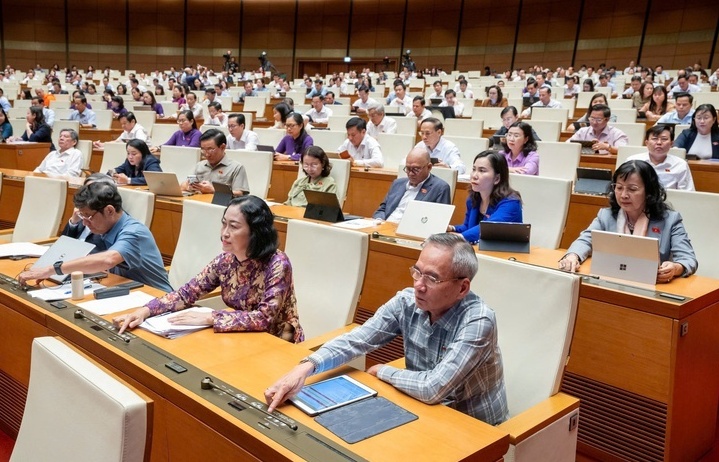
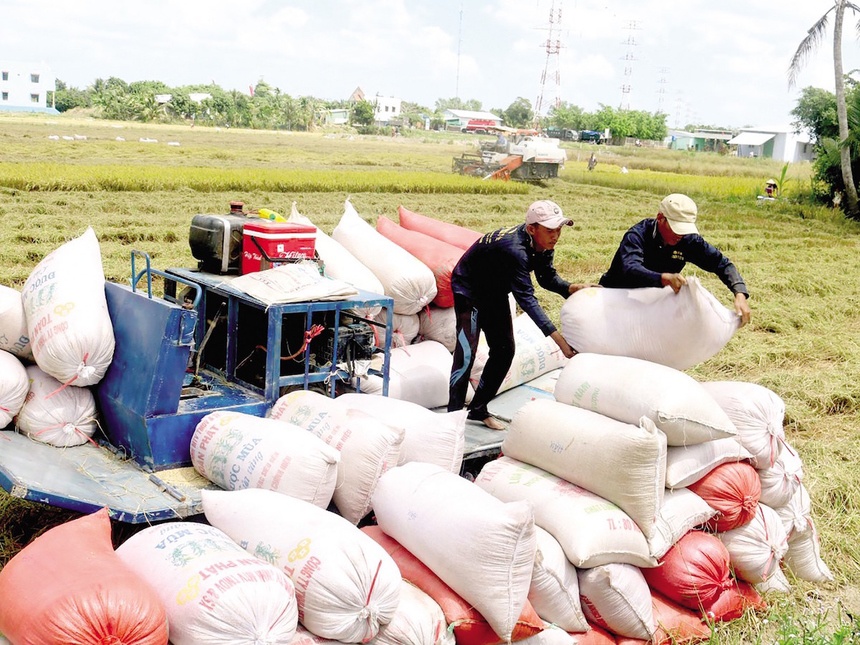
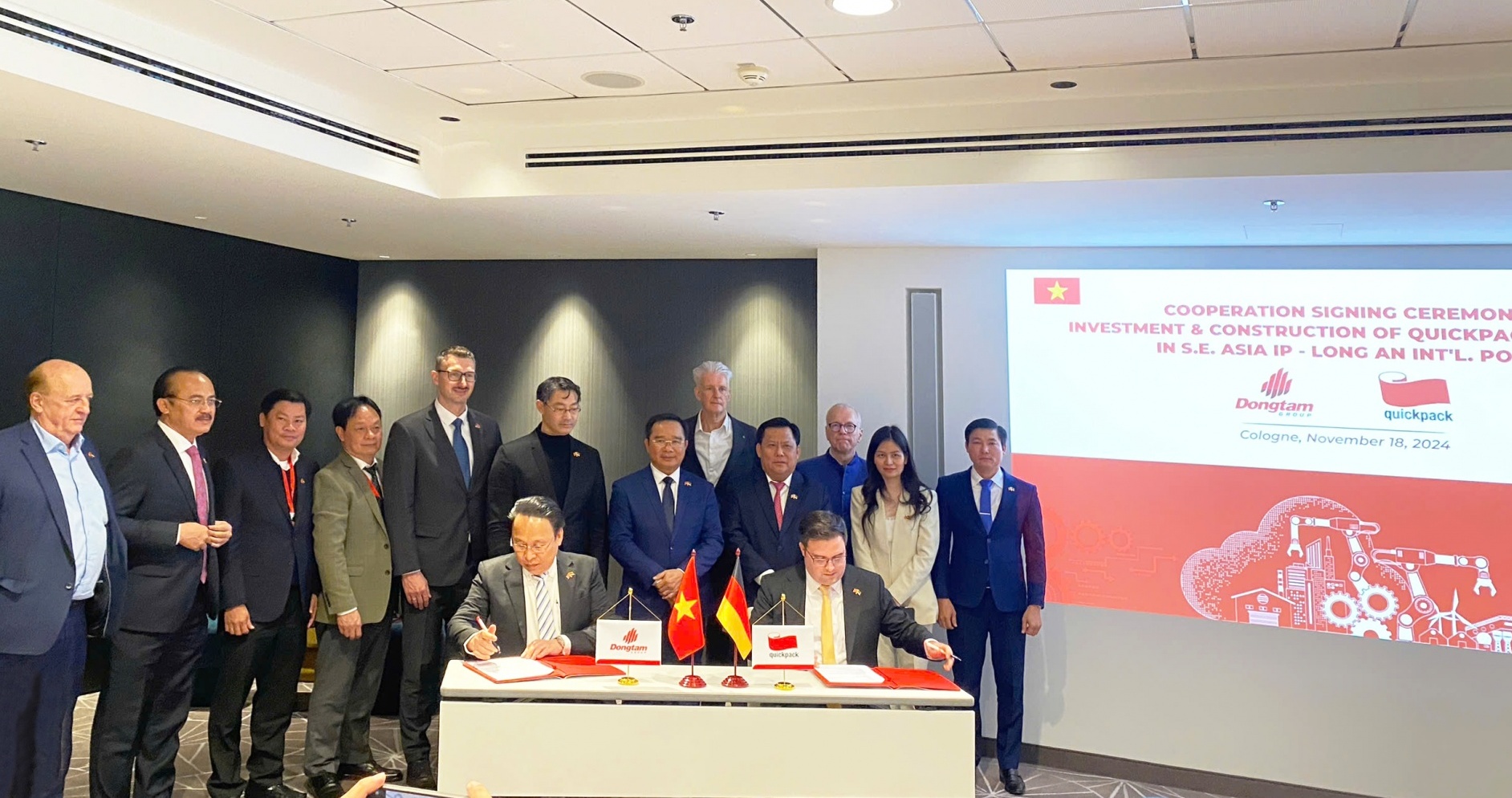
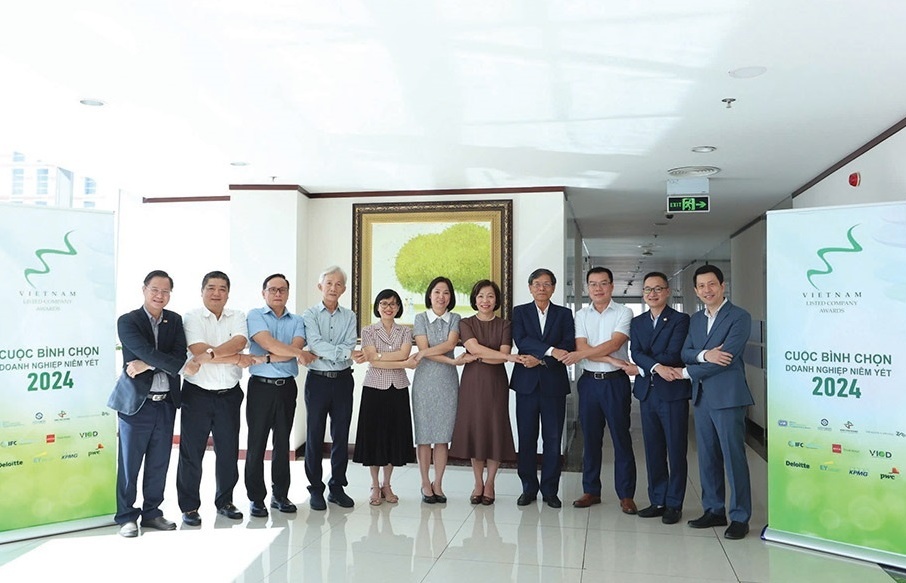
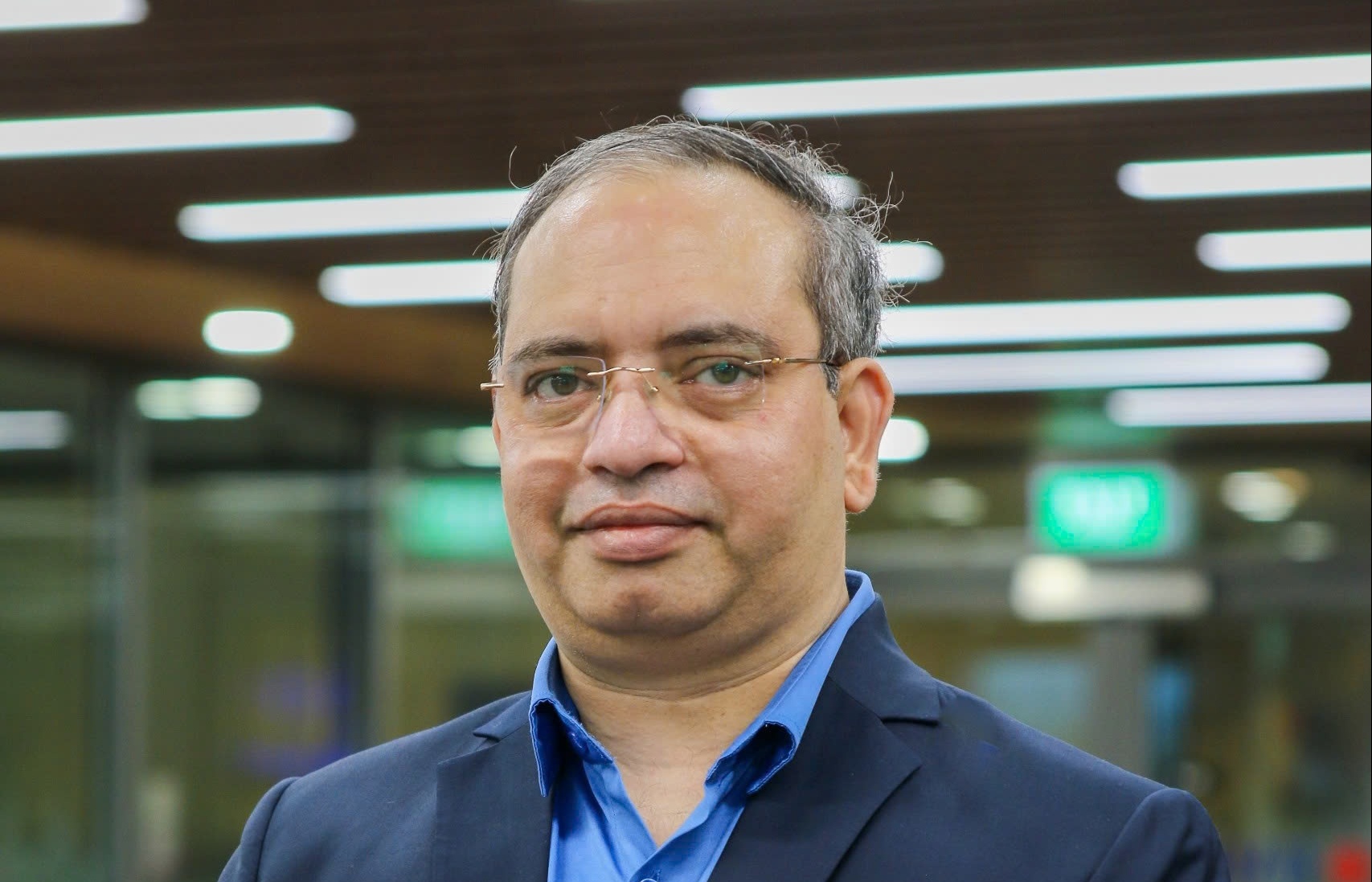




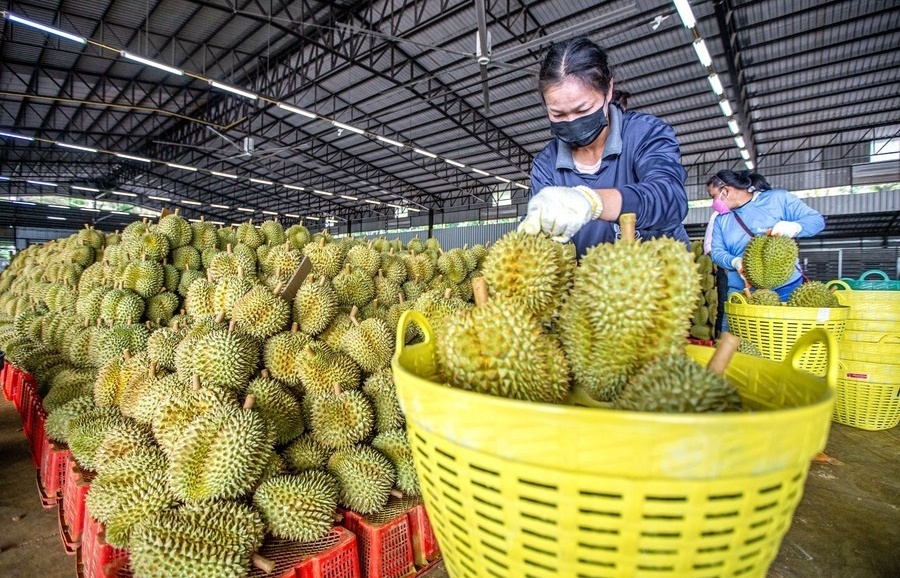


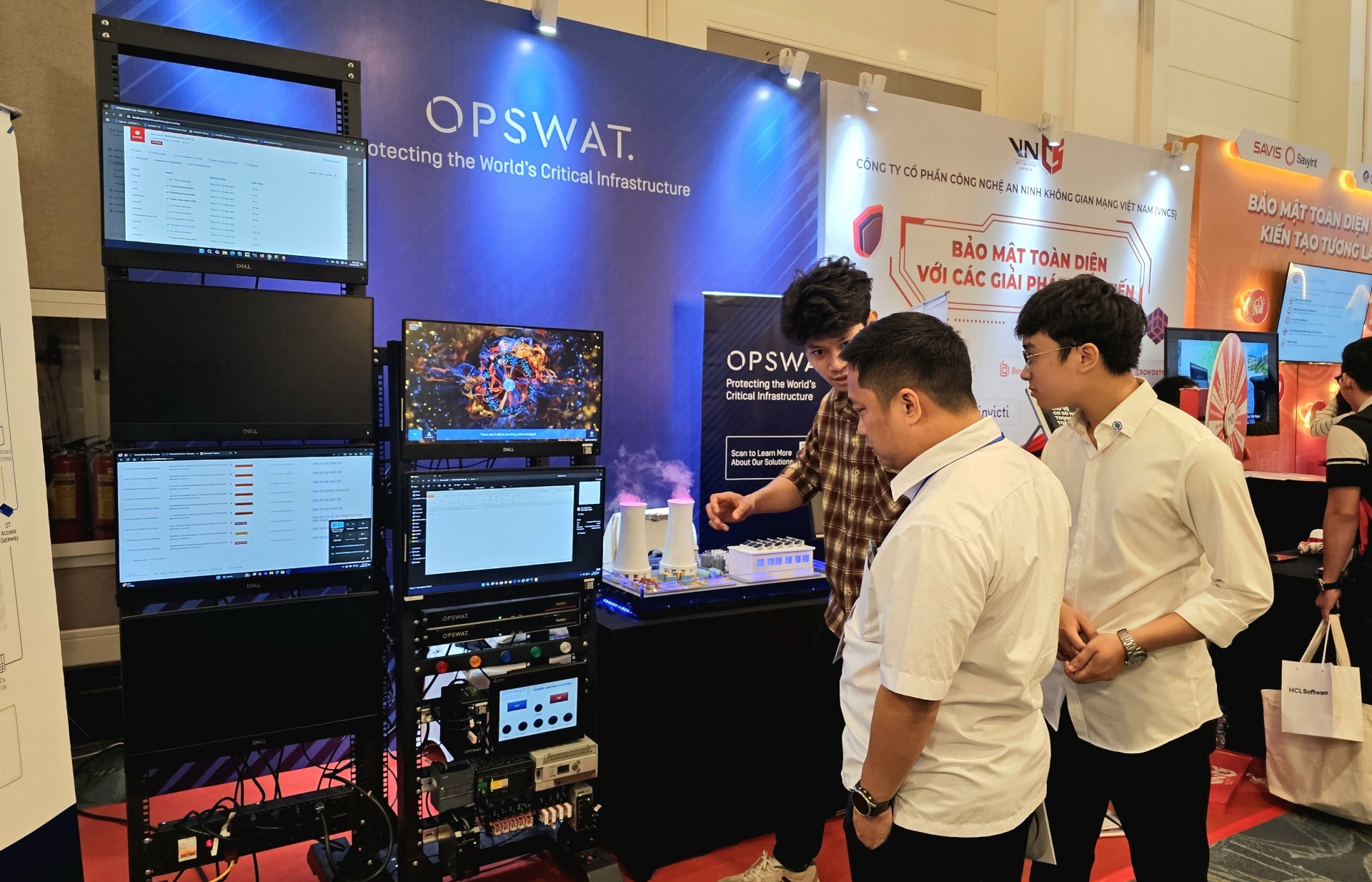



 Mobile Version
Mobile Version